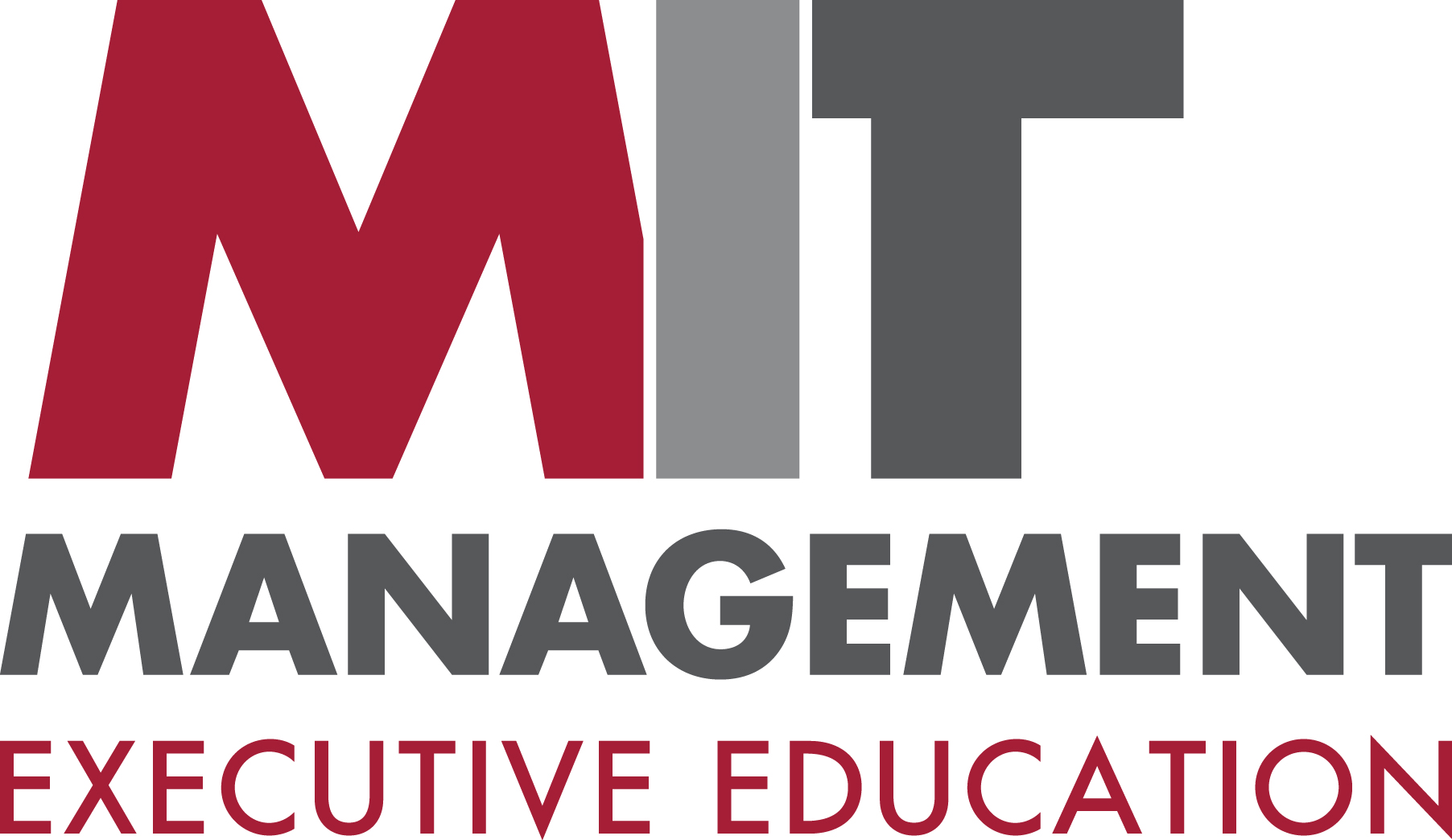- Operations
The Importance of Legal Literacy for Executives
MIT Sloan’ John Akula explains why executives need to understand the legal implications of their decisions
|
John Akula, Senior lecturer in Law at MIT Sloan School of Management, trained at Harvard Law School, clerked at the highest court in Massachusetts, had a 15-year career as a practicing business lawyer, and was a partner in a major US law firm before switching to teaching. “I always had in the back of my mind teaching managers all the things I wish my clients had understood before they came to talk to their lawyers.” He started off at Harvard’s Kennedy School of Government, where the executive education programs focus primarily on the public and non-profit sectors, but soon moved down the Charles River to MIT Sloan’s Cambridge campus, where the focus is the business community. AT MIT Sloan, he has primary responsibility for the business law curriculum and is active in the school’s executive education and international programs. |
“Lawyers, like doctors, tend to be cautious in their advice” says John Akula, Senior Lecturer in Law at MIT Sloan. This is not bad; one would not want one’s lawyer — or doctor — to be cavalier, but it means that to confer with legal counsel on every matter would bring business to a sclerotic halt. So at what point should an executive seek legal advice?
This question is a perennial one for senior leaders in any organization. As Akula points out, senior managers are much more likely to confront crucial law-related issues and to be consulting regularly with lawyers. The career path of successful managers often involves a shift from narrower technical expertise to broader responsibilities, but often without the training they had for their earlier roles. When law-sensitive issues arise they often find themselves in what is, for them, unmapped territory.
“Learning how to use legal advice and manage lawyers becomes an important skill” Akula says, but one that executives are rarely assisted in acquiring. ‘Finance for Non-Finance Executives’ is a staple of executive education programs – but ‘Law for Non-Lawyer Executives’ is rarely seen.
MIT is a fertile place for Akula to reach leaders who can benefit from legal coaching. “MIT is distinctive. It is cutting-edge and innovative, but practical and hands-on, with unusually close ties to the outside world. New technologies, and the creative business models they generate, are central MIT concerns and especially challenging — the law is playing catch-up, and there are more questions than answers.”
“People have to make many judgement calls without the benefit of legal counsel. Good managers need a highly tuned sense of how much risk is out there” notes Akula. They need what Akula calls “educated instincts” about how the law views them and their companies, and how and when to call on legal advice.
“The US legal system is business friendly but has hard edges. Our regulators are quick to impose criminal sanctions on companies and individual managers“ notes Akula. Civil liability is also a big risk, with contingency-fee lawyers and class action litigation by consumers, employees, and other groups, and “even civil litigation is a nasty business” says Akula.
The system is also unusually complex. “We are the pioneers in complicated contracts, transactions, and financial products. Our system of IP law is unusually intricate and contentious — look at the enormous recent growth of patent litigation as a business model.”
The most effective way to impart the needed skills, Akula believes, is with some attention to analytic frameworks but with a primary focus on working through realistic business problems. “Consider a company wanting to protect confidential information. The law respects that. But the law also respects the right of managers to switch jobs, which often means going to a competitor and taking that knowledge along. Realistically, what does the law say about how savvy companies deal with that conflict?” asks Akula.
Given the importance of law, it is perhaps little surprise that nearly 20% of Forbes 50 companies had lawyers as CEOs in 2010, triple the number in 2000 – and the trend appears to be increasing. But that still leaves some 80% of CEOs, and vastly more senior executives who do not have legal expertise.
Akula notes that a significant number of the participants in his “Essential Law for Executives: The MIT Advantage” are not from the US. While legal systems differ across countries, the US models for M&A, venture capital, and many other commercial transactions are increasingly being adopted elsewhere.
As business becomes more complex it becomes more difficult for executives to adequately understand the opportunities and risks posed by the legal environment. In a cost conscious, low growth economy the escalating expense of external legal services adds to the pressure. “When I was a partner at my law firm, part of my job was to manage clients. In my executive education courses, part of my job is to teach executives how to manage lawyers” says Akula.
Consider, says Akula, the complex legal issues raised by mobile communication devices and social media (a topic which will be discussed in his course): strategic IP litigation; advertising and marketing regulation; privacy concerns; employment law when social media are used in the workplace; and the law’s role in allocating accountability in new business models, whether it be responsibility for user-generated content on company blogs, or security breaches in cloud computing. Here, as in other cutting edge arenas, sensitivity to the legal dimension of key decisions and strategies can be a major competitive advantage.
MIT Sloan is uniquely positioned at the intersection of technology and business practice, and participants in our programs gain access to MIT’s distinctive blend of intellectual capital and practical, hands-on learning.
ARTICLES YOU MIGHT LIKE
BOOK REVIEW
A practical guide to sustainable corporate sourcing and running a scandal-free supply chain
DEVELOPING LEADERS QUARTERLY MAGAZINE AND WEEKLY BRIEFING EMAILS


































